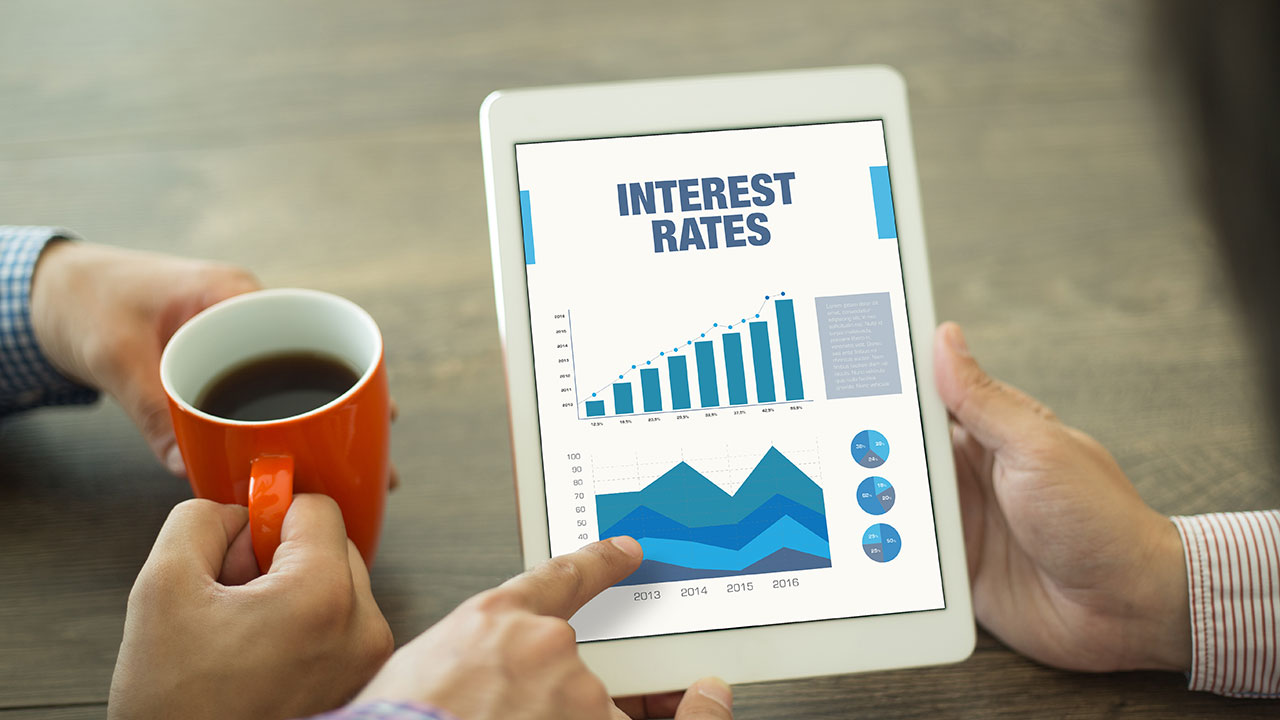
When it comes to obtaining a mortgage for a home purchase, you don’t necessarily have to use your everyday bank. Instead, you might be better off comparing mortgage packages with various lenders to see where you can get the best deal.
Much like shopping in the retail space, comparing different quotes from various lenders can help you find the best package and lowest rate, and therefore save you money. That said, how do you go about comparison shopping for a mortgage, and what exactly should you be comparing?
Here are some tips to remember when comparing lenders for your mortgage.
Compare Apples to Apples
When speaking with different lenders, be sure to ask the same questions about the same type of mortgages. Different mortgage types tend to come with slightly different terms and rates, so it’s best that you compare the same types of loans in order to get an accurate idea of which lender is offering a better deal. For instance, a 15-year adjustable-rate mortgage should not be compared to a 30-year fixed-rate mortgage, as the terms and rates will likely vary between the two.
Compare Interest Rates

The interest rate is one of the most important factors to consider when comparing mortgages from different lenders, so you should pay particular attention to this.
It should be noted, however, that lenders don’t exactly have total control over the current mortgage interest rate, which instead is set by outside market forces, predominantly by the secondary market where mortgages are bought and sold.
That said, the rate that lenders quote is typically based on the type of borrower, though they will keep their rates competitive with each other. Lenders have various methods and models for assessing how much risk is associated with different borrowers, as well as for pricing loans based on the perceived risk of the borrower.
Discounts are generally made available to those with a healthy credit or financial history, and some lenders may be willing to tweak the rate based on the length of the mortgage requested and the down payment amount.
While one lender may look at you as a very low-risk borrower based on your financials, another lender may have an issue with how much debt you have relative to your income. In this situation, the first lender may be more willing to give you a lower rate compared to the latter. Though they are certainly trying to make as much money off you as possible, lenders typically quote rates based on their perceived risk: the lower the risk, the lower the rate, generally speaking.
FHA, VA and USDA mortgages will have a slightly lower interest rate compared to a conventional mortgage in the majority situations. However, you’ll need to factor in the up-front mortgage insurance and annual mortgage insurance with FHA loans before making an accurate comparison.
Compare Total Closing Costs
The interest rate will certainly have a huge impact on the overall cost of your mortgage, but the closing costs will also play a key role. Closing costs are fees associated with the cost of your mortgage, including the fees that lenders charge to approve and process your home loan. These fees can include things like title, escrow, and transfer charges.
Every lender will have a different fee structure for their home loans, and these numbers can vary a great deal. Consequently, it’s imperative that you obtain a detailed estimate of these fees to identify how much the mortgage is going to cost you.
The Annual Percentage Rate (APR) is a helpful tool to use when it comes to comparing total closing costs and fees between different lenders. While the interest rate reflects the current cost to borrow, the APR offers a clearer picture of the cost of borrowing because it also accounts for lender fees associated with financing the mortgage.
The APR will prove to be a very helpful tool when comparing one mortgage to another from different lenders. If two lenders are quoting the same interest rate for the same loan program, the APR will help you identify which lender is charging more in fees.
Compare Points

Points are fees that are paid directly to the lender at closing in exchange for a lower interest rate. Also referred to as “buying down the rate,” points can help you reduce your monthly mortgage payments. Each point costs 1% of your mortgage amount, and the majority of lenders will allow you to choose from many points and rate combinations. As such, it’s a good idea to compare the related points when comparing rates from different lenders.
Compare Loan Features
Aside from the interest rate and points, there are other features of a mortgage that you will want to ask about. In particular, such features include credit and cash reserve requirements, conversion options, and mortgage insurance payments.
Another important feature to ask about is the prepayment penalties, which are agreements between lenders and borrowers that stipulate how much is allowed to be paid off and when. The majority of mortgage lenders permit borrowers to pay off as much as 10% to 20% of the home loan balance every year. But again, this number can vary, so you’d be wise to inquire about it with different lenders.
Compare Lock-In Periods
The interest rate and the points that each lender quotes you are only guaranteed during what’s known as a “lock-in period.” The more common lock-in periods are usually anywhere between 30 to 60 days, during which your quoted rate and points cannot be changed. However, this time period can differ from one lender to another. Generally speaking, longer lock-in periods usually mean higher loan prices.
The Bottom Line
There’s a lot that goes into comparing home loans from different lenders. When questioning lenders, be sure to have a prepared list of questions that you want to have answered.
To make things easier for you, it might be a good idea to employ the services of a mortgage broker who will do the legwork for you comparing different mortgages with different lenders. While they do charge a few for their services, they may actually be able to save you money at the end of the day by finding the most affordable mortgage available.